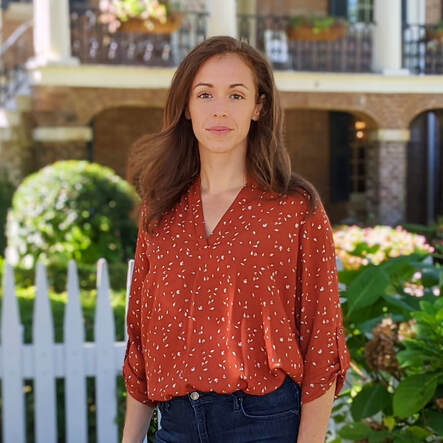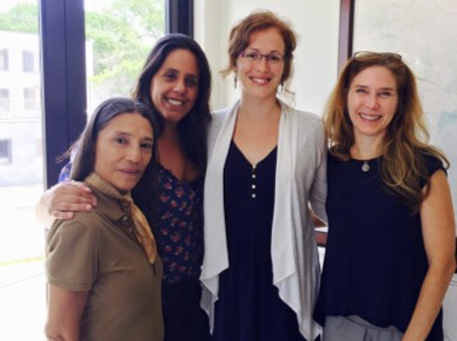getting an equitable start
Hello! I am a clinical, biocultural medical anthropologist who is interested in optimizing maternal health and improving birth outcomes in the US and Hispanix/Latinx communities!


|
I'm standing on the shoulders of giants.
|
| ANT 440 Cultural Anthropology 2021 | |
| File Size: | 39 kb |
| File Type: | docx |
| ANT 102 Horan Fall 2021 | |
| File Size: | 35 kb |
| File Type: | docx |
| IDMD 101 Syllabus | |
| File Size: | 45 kb |
| File Type: | docx |
| ANT 612 Anthropology of Hormones.docx | |
| File Size: | 41 kb |
| File Type: | docx |
| ANT 476/576 Nutritional Anthropology.docx | |
| File Size: | 49 kb |
| File Type: | docx |
| ANT 102 Syllabus.docx | |
| File Size: | 38 kb |
| File Type: | docx |
| ANT 102 Syllabus.docx | |
| File Size: | 32 kb |
| File Type: | docx |
| PLAC Syllabus.docx | |
| File Size: | 43 kb |
| File Type: | docx |
| ANT 440 Syllabus.pdf | |
| File Size: | 242 kb |
| File Type: | |
| CV. docx | |
| File Size: | 42 kb |
| File Type: | docx |
